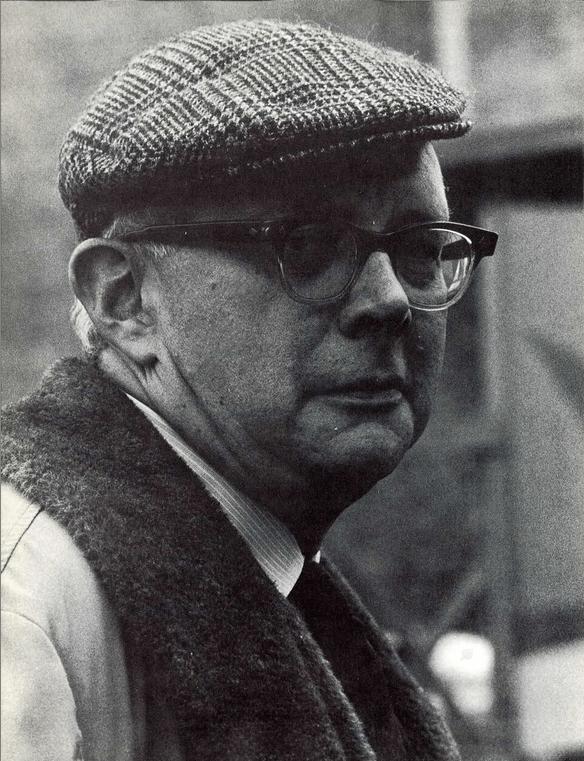In the early and mid-twentieth century, there were what might be called stereotypical Jewish intellectuals – Jewish men and women who were dedicated socialists and whose fervor was often born from Communist roots. They dedicated their lives to the pursuit of social justice and intellectual ideas. It would not be hard to describe Irving Howe as one of the prototypes of this image.
Born and raised in The Bronx, New York, on June 11, 1920, Howe’s birth name was Irving Horenstein. His parents were immigrants from Bukovina (Romania/Ukraine area). After his grocery failed during the Depression, Howe’s father took to peddling before becoming a presser in a dress factory. His mother also worked in the garment industry.
At the City University of NY, Howe involved himself in socialist organizations and developed a cadre of like-minded thinkers. Howe was known as a democratic socialist who had no patience for the more radical political agendas, especially those that tended to be violent.
Howe began his literary career after four years of service in the army, writing book reviews and magazine essays. In 1953, he was offered his first teaching position at Brandeis University. He later taught at Stanford and then joined the faculty of City University of New York.

Howe became a renowned literary critic. He was the founding editor of Dissent magazine, in which he joined his political and literary aspirations. Raised in a Yiddish culture, Howe also dedicated himself to translating the great, classic Yiddish works and was one of the first to bring the work of Isaac Bashevis Singer to an English speaking audience. While Howe authored several books, his best known publication was The World of Our Fathers: The Journey of the East European Jews to America and the Life They Found and Made, which can best be described as a sociological study of the Jewish immigrant experience in New York.
Irving Howe passed away on May 5, 1993.
Copyright © 2014 NJOP. All rights reserved.
If you like what you’ve read here, signup to get notifications about new treats.
Related Posts
Intellectual Investigation
Investigate the history of different Jewish communities.
0 Comments1 Minute
Celebrating Bar Ilan University
Would you believe that the founding of Israel’s second largest university (33,000…
0 Comments2 Minutes
The Hebrew University
Since its first official overseas program in 1955, the Hebrew University in Jerusalem…
1 Comment2 Minutes
 Print This Page
Print This Page